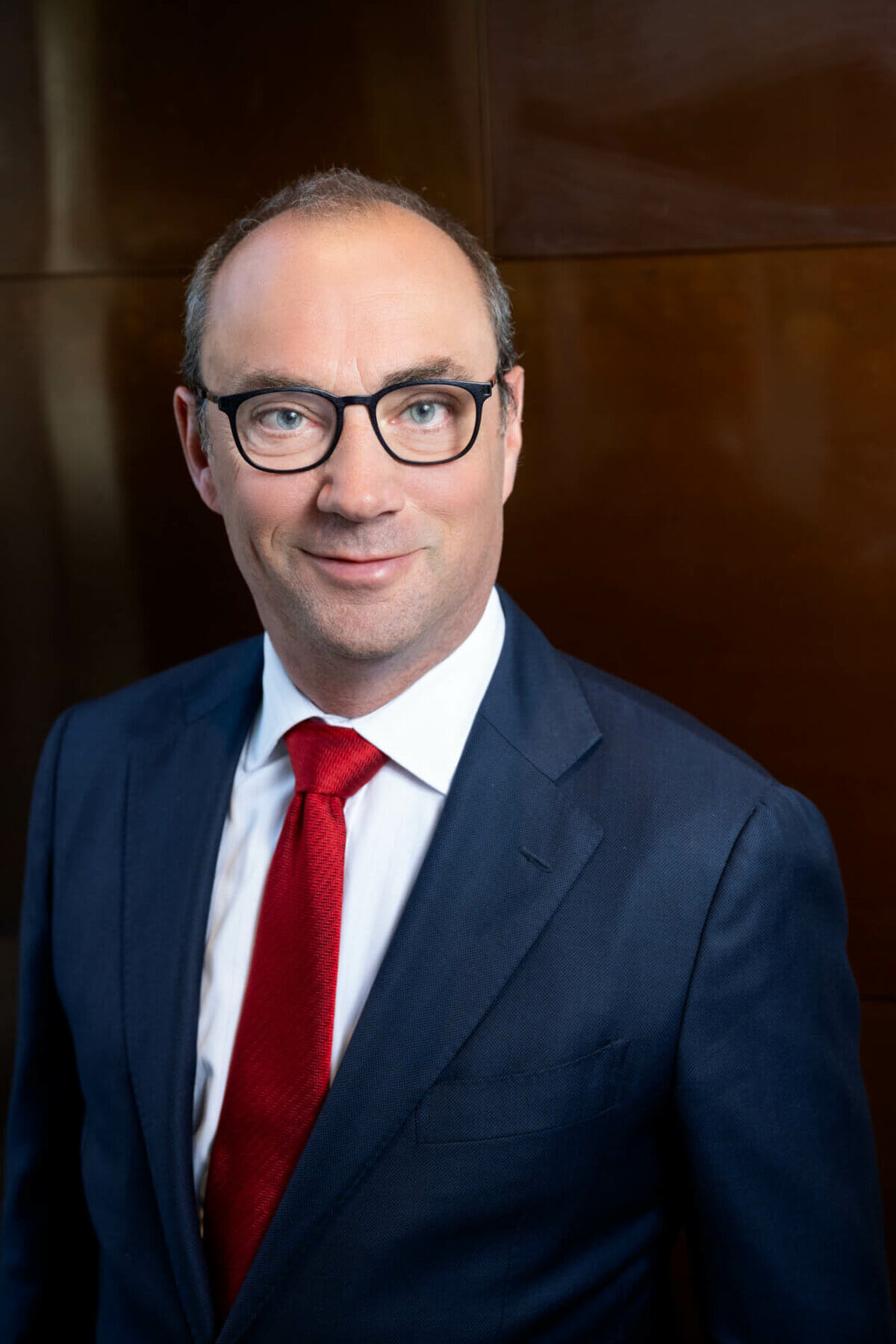Stefan van Rossum is partner bij Van Doorne en hoofd van het team Herstructurering en insolventie. Hij adviseert bedrijven die financieel in zwaar weer zitten of hun schuldeisers (waaronder banken). Joost Volkers doet financial litigation & insolvency. Ofwel hij staat partijen bij die te maken hebben met retailers in financiële moeilijkheden.
Volkers has experienced that entrepreneurs are often late to respond to financial problems in their own company or with clients: ‘What you see, is that they try to deny their problems for a long time. And that only few lessons are learnt from the past. In the retail sector, it’s important to keep up with developments and never sit still or you’ll lose your position.’ Anyone walking through a shopping street will acknowledge this. Especially the big names in the middle segment have been struggling for quite some time and many of them have already disappeared.
The best-known example of this in the Netherlands is the department store chain V&D. Volkers says that V&D’s bankruptcy has led to heavy losses for many suppliers, also because the department store had unilaterally imposed very strict purchasing conditions. ‘At the time, I had a client with a smart approach. Its contract management was very well organised, and it retained their own terms of sale with a reservation of ownership. Besides, they contacted us when they picked up the first signs of the imminent bankruptcy of V&D. As a result, they were not the last in line when the department store actually went bankrupt.
Don’t call too late, that’s what Volkers also recommends to potential clients. ‘I really won’t charge you straight away. Taking timely action can truly limit your own losses.’ When asked about the biggest pitfalls for retailers in their trade relationships, he said: ‘Not having any agreements or not properly setting them up, including the use of sound general terms and conditions. With these, you can easily impose your sales or purchase terms on your suppliers or buyers. This also provides a solid contractual basis to rely on when things get rough financially. It still surprises me sometimes how often these things aren’t properly arranged, as a lot of harm can be prevented by it. For a very reasonable amount of money, you can have a set of customised conditions that can save hundreds of thousands of euros if things go wrong.’ Volkers also emphasises how important the relationship with the accountant is. He or she should be alert to approaching problems and not only be the bearer of good news. Monitor the financial situation. A retailer with payment problems needs a timely plan of action and discussions with the parties involved. ‘When you suddenly start asking for extra discounts or a longer payment period, you may create distrust among the suppliers and they may want to hit the brake as a result. It is better to prevent this and talk to each other in time. After all, both parties have the intention to maintain their trade relations.’
Ask for help
‘Bankruptcies are often the result of a lack of working capital. As soon as the money becomes tight, you should already talk to a financial adviser’, Van Rossum says. ‘Many entrepreneurs find it difficult to ask for help in an early stage. Costs play a role in this, but also the fear to lose control. Although this may be understandable, in reality the opposite is true: early assistance keeps you in control.’ What are the most important steps to take as soon as your company gets into difficulties? Van Rossum: ‘The first step is to determine how much time there is to make and implement a plan. This requires a realistic liquidity forecast with a weekly estimate of the available amount of money: how much comes in and how much is needed to keep the business going. Then, a restructuring plan is needed. After that, involve the parties that are needed to make the plan work, in most cases the bank and certain creditors (including tax authorities). The solution often lies in finding a (partly) new owner. A larger firm then has an advantage compared to smaller ones.’
Honesty over optimism
‘The liquidity forecast and the restructuring plan must both be realistic. Is there still enough time? Which stakeholders are needed for the plan to succeed and are their interests sufficient to cooperate? Are there any viable business units? And can you separate them without being contaminated by the non-viable parts? In these cases, I am critical and honest. The entrepreneur doesn’t need a consultant going along in optimism if the bank subsequently waives the plan.’ Respect for the entrepreneur comes first, according to Van Rossum: ‘It can sometimes be difficult when people have to give up a business that has taken a lot of effort to build up.’ In his practice, he is often involved in negotiations with banks and therefore knows many special asset management departments. From experience he learnt how internal decision-making works and what information banks need for this. ‘Such talks are no battle. The bank is often willing to provide support with financial advice or temporary money. When the bank suspects that the entrepreneur is no longer in control or when the entrepreneur doesn’t take any initiative to come to a solution, the bank will take over. It makes a big difference when the entrepreneur starts the conversation with a well-considered liquidity prognosis and a realistic plan, especially when this has been drawn up with the help of external experts (legal and financial).’ A good lawyer makes sure that the relationship between the bank and the entrepreneur doesn’t polarise. ‘Young bankers in particular sometimes have the tendency to tell an entrepreneur in a tough financial situation how to run his business. After years of working hard and building up a company, this is hard to acccept. There is a risk that the entrepreneur turns away from that banker and opportunities are missed unnecessarily.’
Respect for loss
In some cases, the only choices are a new owner taking over the company or bankruptcy. Many emotions are involved. Van Rossum: ‘As a lawyer, you see the impact of losing a business. A huge loss that you have to acknowledge and respect. At the same time, it’s my job to stay firm and help the entrepreneur in making the right decisions. Besides advice, a good lawyer also gives directions: ‘I think you should do this.’ A client doesn’t need a lawyer who just outlines the options and doesn’t dare to speak up.’ Fortunately, bankruptcy or a forced sale doesn’t have to be the end of entrepreneurship. Most entrepreneurs get themselves together again and after some time start something new. Van Rossum also has examples from his practice in which clients keep operating in the same business under a new owner. When we ask him what it is that makes his profession so fascinating, he says that it’s the performance that is expected from him and his team. ‘Sometimes it keeps me awake at night, when it’s all so disorganized. But then all of a sudden, it becomes clear to me. I can get a lot of satisfaction from that.’ Decisiveness is important for both Volkers and Van Rossum. Van Rossum: ‘Making no choice is always the worst decision.’





